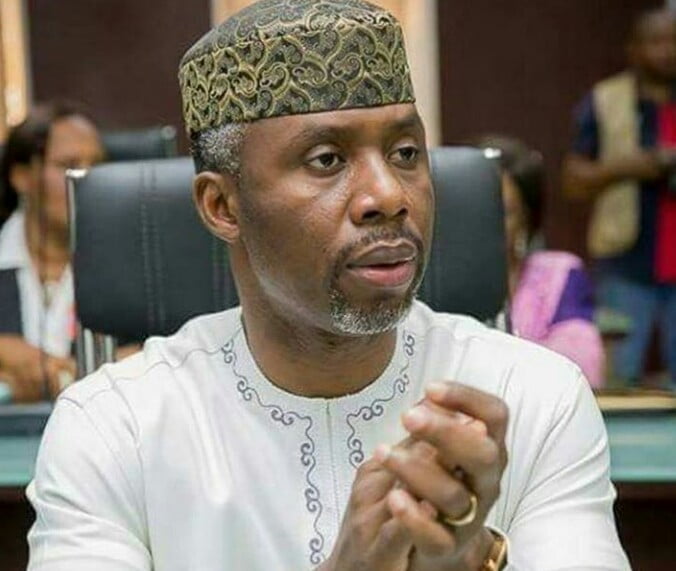The Kwara State Government has waded into the strike action embarked upon by the state chapter of the National Association of Nigeria Nurses and Midwives, in state government-owned hospitals.
Recall that the members of the association are on strike to press home their demands for better welfare, safety at the workplace, shortage of personnel in hospitals, and disparity in remuneration of nurses at state and local government levels.
At a meeting on Monday night between Governor Abdulrahman Abdulrazaq and officials of the association led by the chairman, Comrade Aminu Sheu, the governor assured that the issues would be resolved amicably by the government.
Comrade Aminu, in a telephone chat with DAILY POST in Ilorin on Wednesday, appreciated the proactive steps of the governor saying he is convinced that a positive response will come from the government very soon.
He, however, appealed to the members of the association to be patient and return to work while awaiting government action on their grievances.
The chairman explained that “it is important they go back to work while negotiation with government is currently ongoing.”
In a plea message to the members, the leadership said, “We understand your pains and what you are all passing through, but please, we want to assure you that we are not relenting on our efforts.
“Let us just be guided appropriately and follow due process. We didn’t call off the strike, we only suspended it for the while.
“We are working towards our demands and when they are not met, we can go ahead with the strike.”
Reacting, the state Commissioner for Health, Dr. Raji Razaq, confirmed the development.
He said, “they are demanding for salary increment and the government is working on it very soon, they will smile home.”
The association had transmitted the letter of a 7-day warning strike to the authorities to look into their grievances or risk a full-blown strike action in hospitals owned by the state government in the 16 local governments of the state.
Efforts to reach the DG, State Hospital Management Bureau, Mr Aluko, did not yield results.
When contacted on phone, he said he was attending a meeting and promised to call back but was yet to do so at the time of writing this report.
Their grievances include, among others, implementation of 100 percent 2019 enhanced CONEHSS, provision of security in hospitals to prevent reoccurrence of assault on members at their workplace, and poor welfare.
Others include disparity in remuneration of staff at local and state government level, with state workers taking 60 percent while local workers taking 50 percent, shortage of manpower in the state hospitals, and implementation of promotion of members as promised by the authorities.




2 Comments